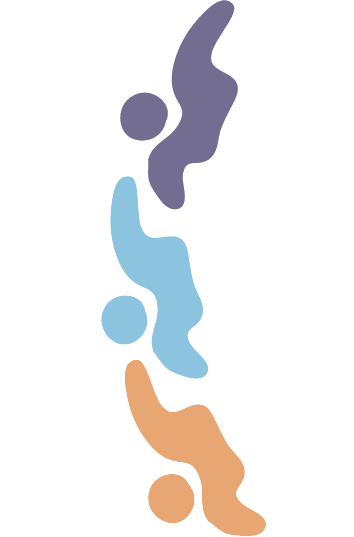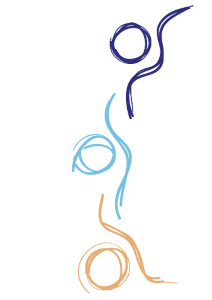National Coordination
It is crucial to break the intergenerational cycles of poverty and social exclusion that put social cohesion at risk from generation to generation.

On 1 October 2021, through the Council of Ministers Resolution no. 136/2021, Portugal has determined the appointment of a National Coordinator of the Child Guarantee whose responsibility is to ensure the development and fulfilment of the actions foreseen in the Council Recommendation establishing a European Child Guarantee, as well as the creation of a Technical Monitoring Committee represented by the government areas responsible for: Labour, Solidarity and Social Security, Health, Education, Housing, Justice, Equality and Migration.



